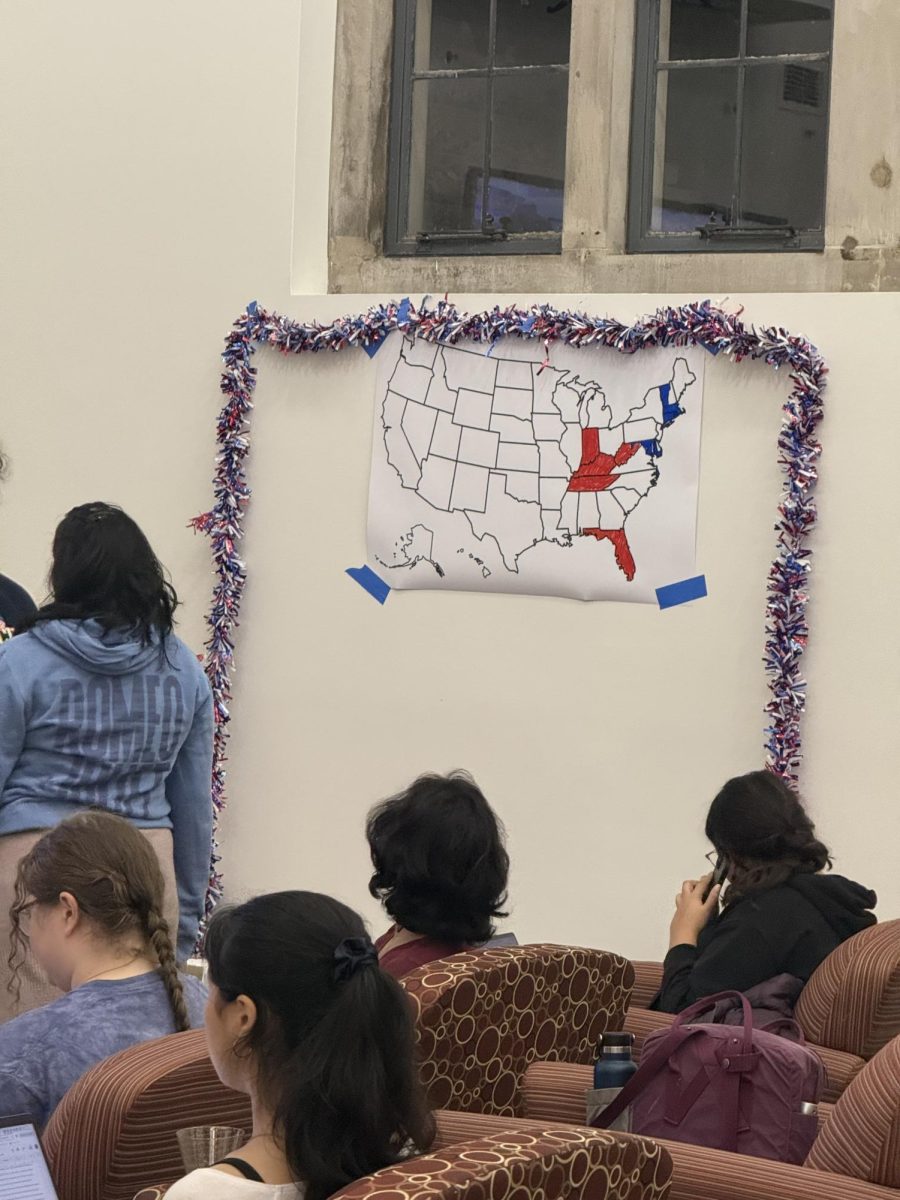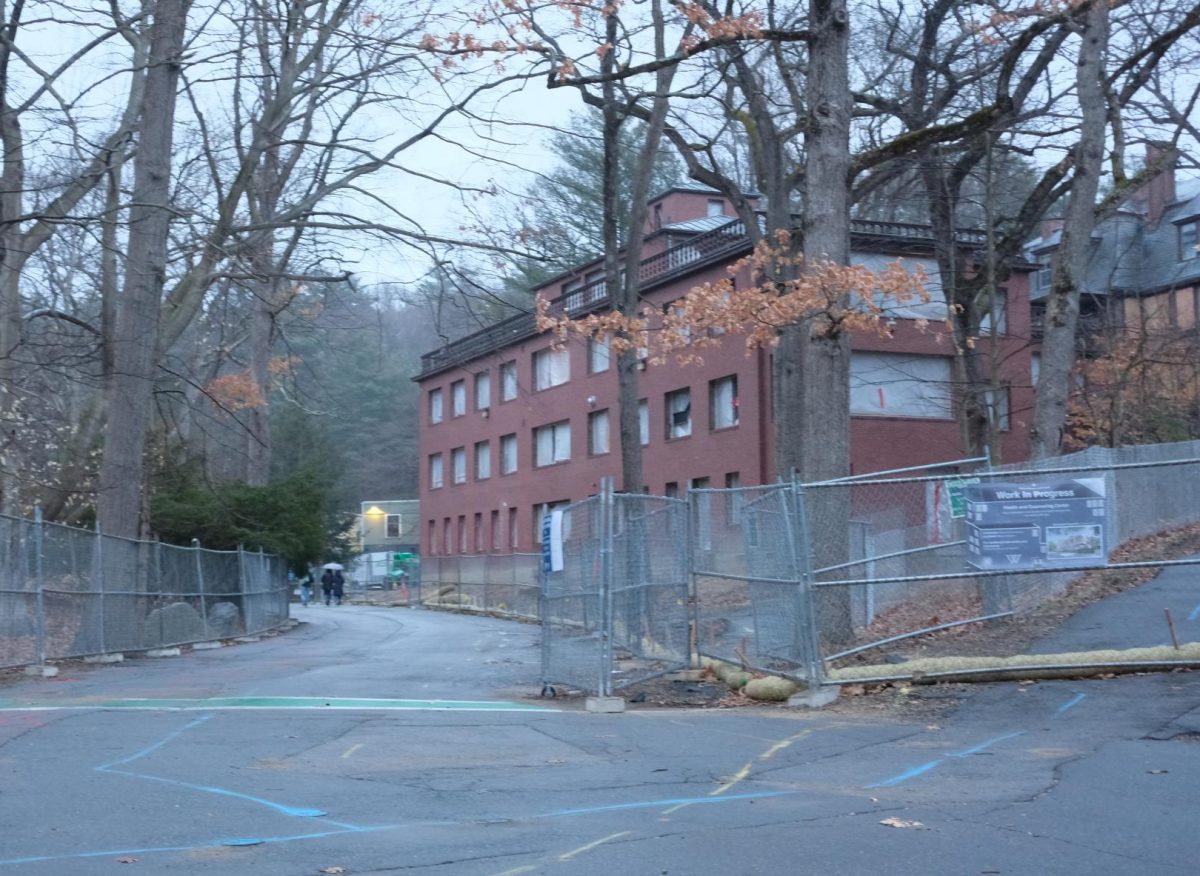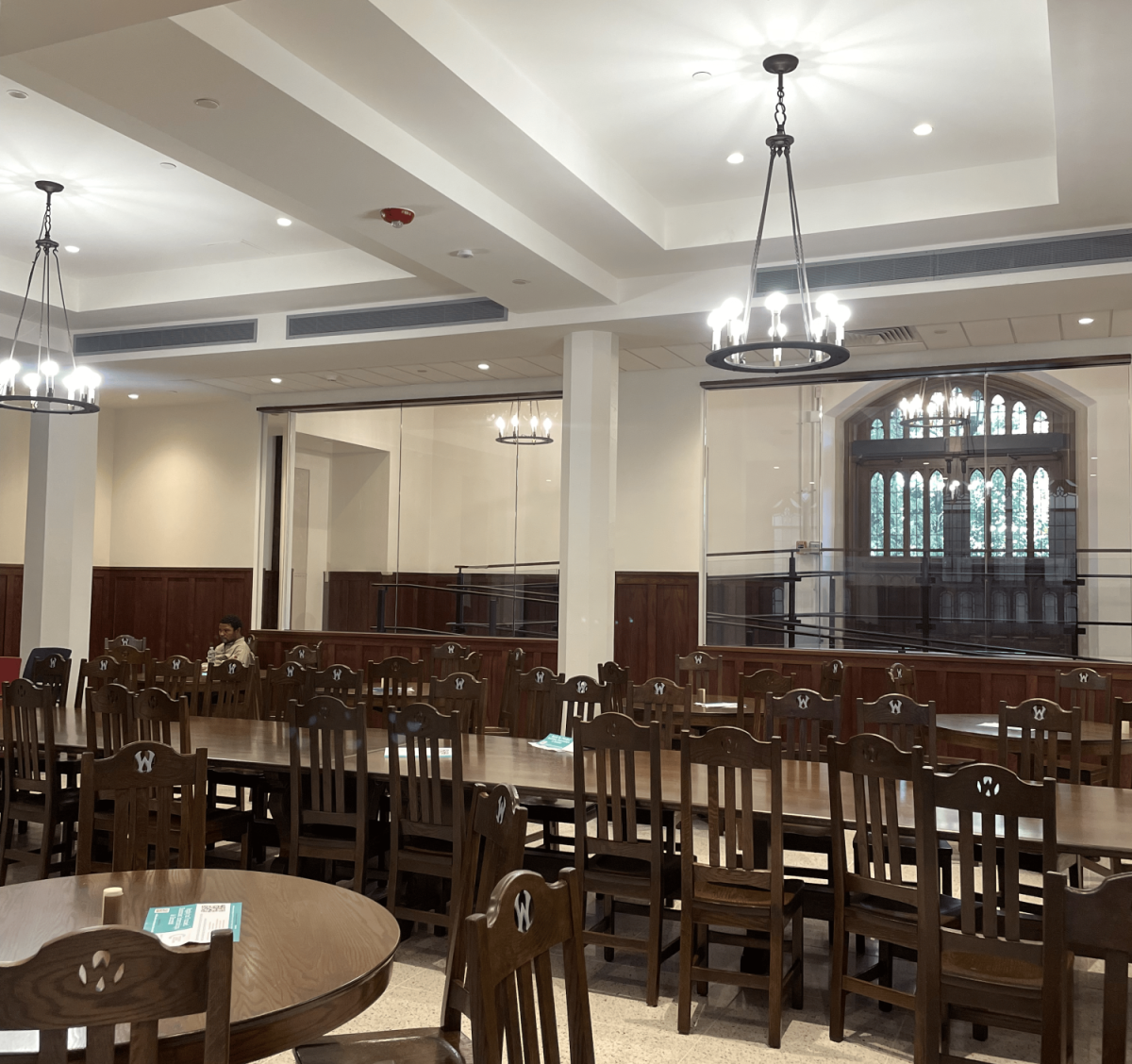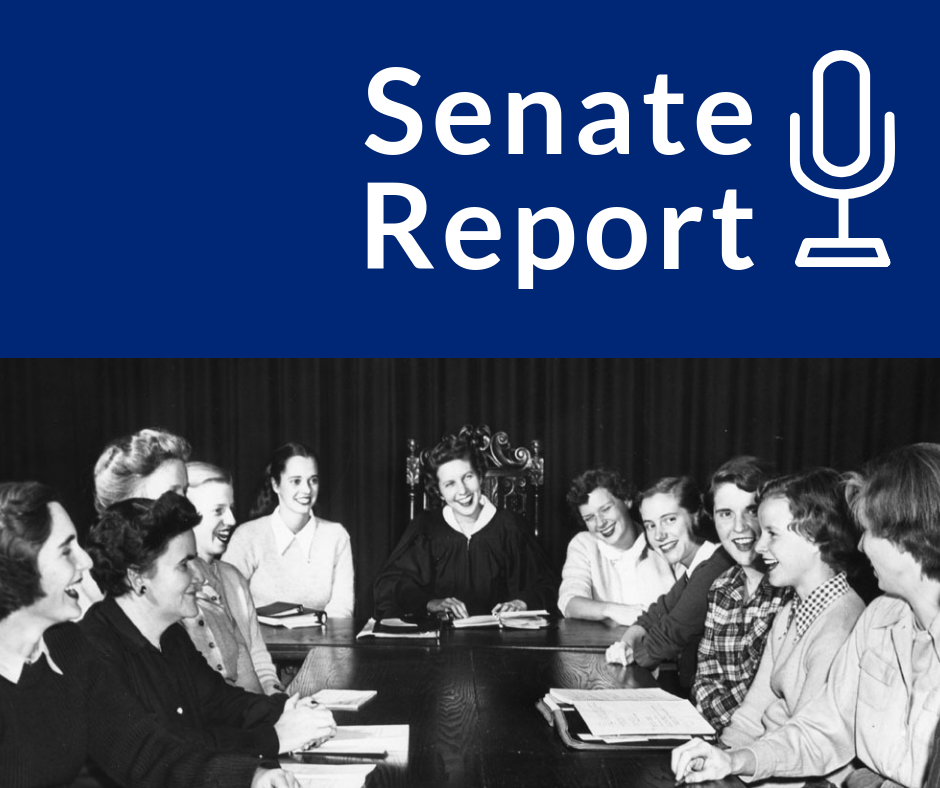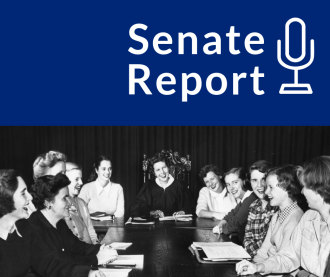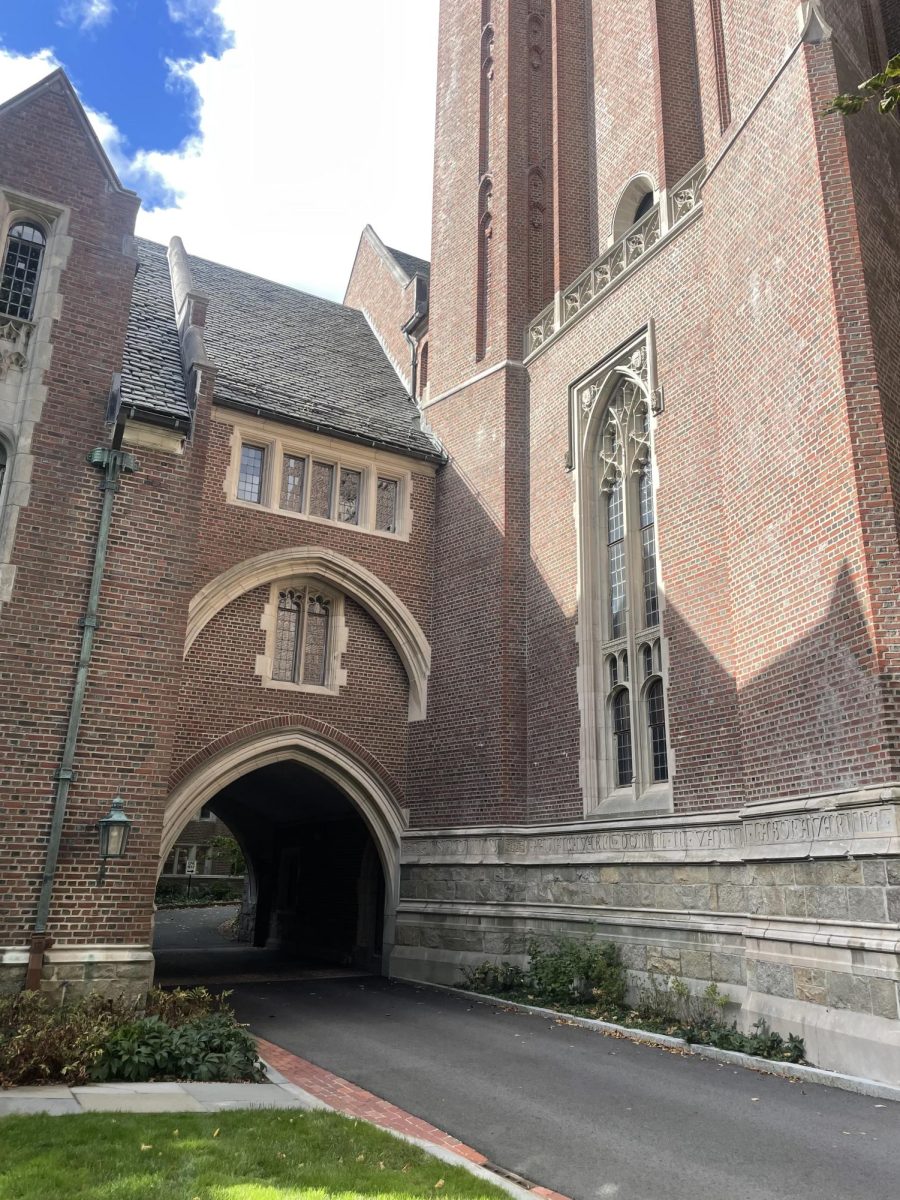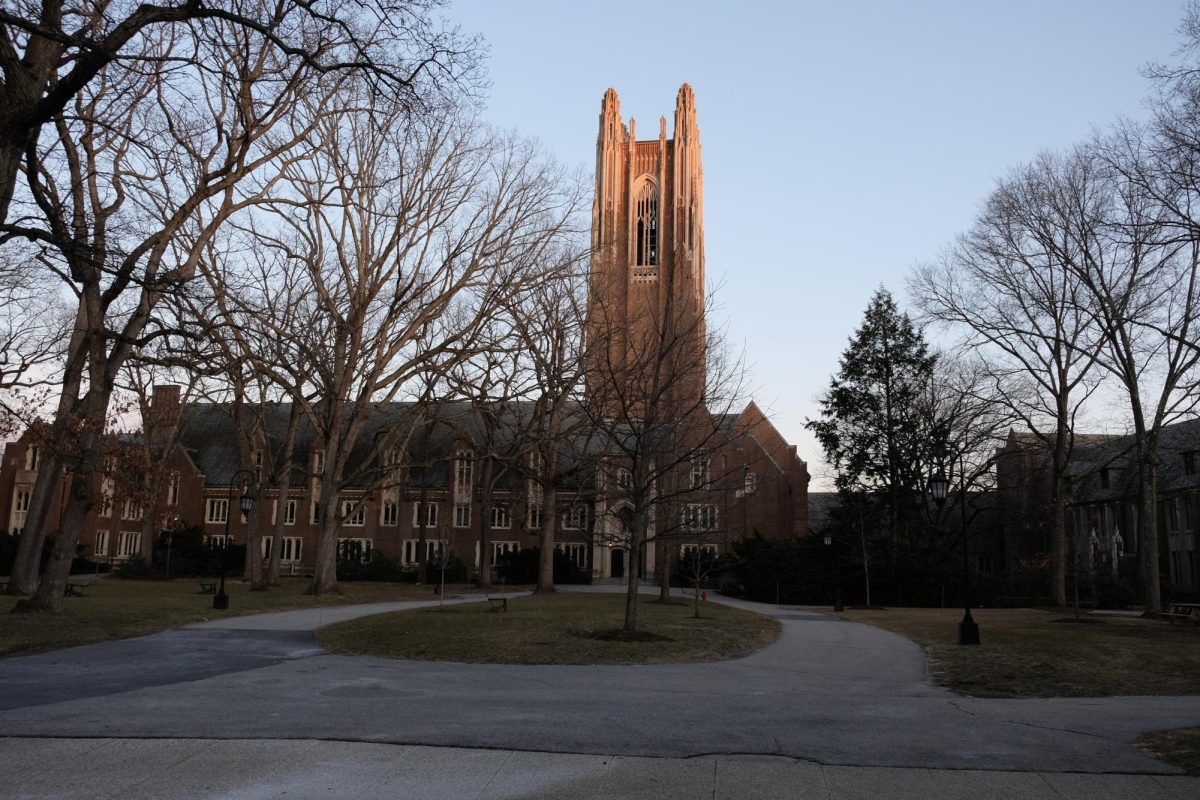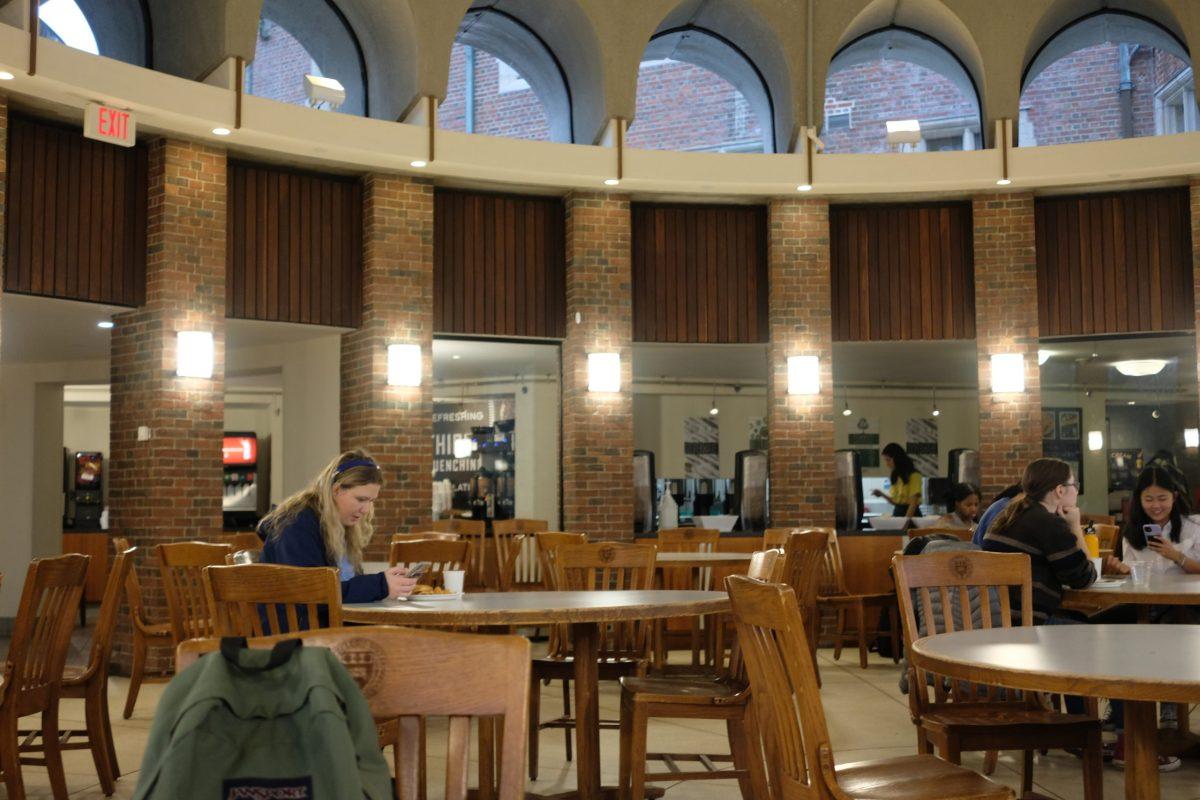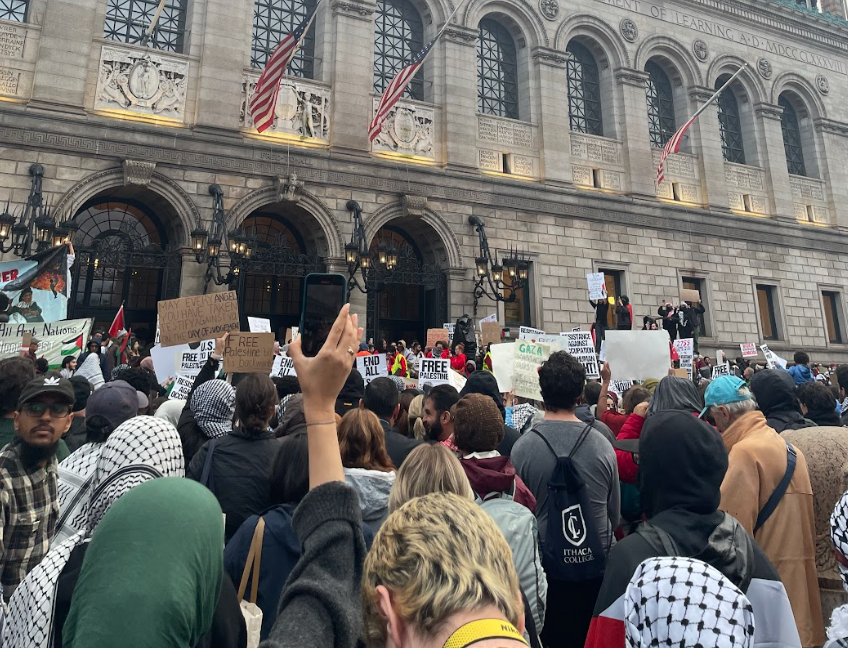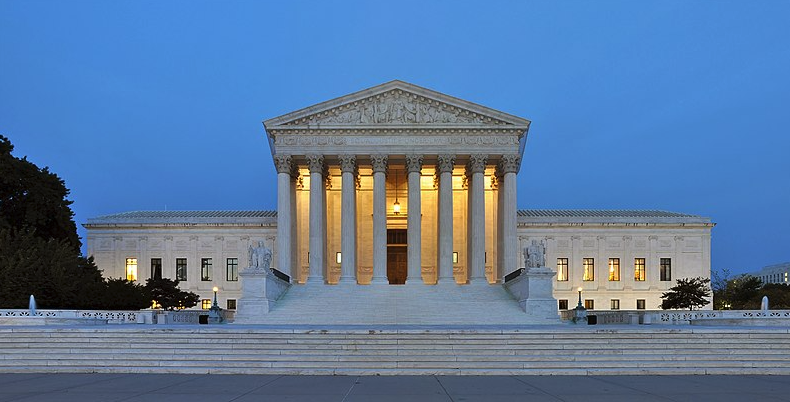Compiled by MARLENA IDROBO ’16
Nation and World Columnist
NATION
JPMorgan to settle mortgage suit with Justice Department
J.P. Morgan Chase and the U.S. Justice Department reached a tentative $13 billion settlement on Saturday, after the bank was tried for misrepresenting the mortgages behind stocks and bonds it sold as low-risk investments. These low-quality mortgage-backed securities were a major cause of the housing market collapse in 2008. Negotiations between Jaime Dimon, JP Morgan’s CEO, and the Justice Department began on Sept. 24. The proposed settlement only covers civil charges and does not resolve the questions of whether individual bankers are guilty of criminal wrongdoing.
Congress passes measure to end government shutdown and raise debt ceiling
Last Wednesday night, President Obama signed into law a measure that reopened the U.S. government after the 16-day shutdown and raised the federal debt ceiling until Feb. 7. Earlier that day, the Senate and House both voted in favor of the bill, which would fund the government through Jan. 15. Furloughed government employees returned to work and government-sponsored programs resumed the next day. Republicans in the House and Senate said they would restart budget negotiations and push for changes in the Affordable Care Act over the next few weeks.
WORLD
Saudi Arabia rejects U.N. Security Council seat
On Friday, the Saudi government rejected for the first time in history the U.N. Security Council seat it was awarded. Saudi Arabia would have been one of five new non-permanent members of the U.N. Security Council. The decision marks the culmination of two years of diplomatic efforts to secure a seat. A Saudi diplomat said that King Abdullah and other members of the ruling elite were dissatisfied with the United States and other members of the Security Council for not taking stronger measures to end the ongoing violence in Syria and were fearful that a nuclear deal between Iran and the West would come at Saudi Arabia’s expense. The Saudi government also accused the council of failing to reach a final solution to the Israeli-Palestinian conflict.
Turkish army strikes radical Syrian rebel forces, signaling change in Turkey’s position
Last Tuesday, Turkish armed forces shelled a segment of Syria’s rebel forces, marking a distinct change in Turkey’s staunchly pro-Syrian position. Turkey’s army has previously retaliated against Syrian president Bashar al-Assad’s forces when shots landed on Turkish territory. However this time it targeted forces belonging to an Islamic extremist group thought to have ties to al-Qaeda. Turkey has been the target of increasing criticism for keeping its southern border with Syria open, allowing jihadist members of the rebel forces to take refuge and obtain weapons in Turkey. According to political experts, the retaliation against rebel forces last week signalled Turkey withdrawing its support for extremist factions of the Syrian opposition.
Marlena Idrobo ’16 is majoring in Latin American Studies. Besides writing, she enjoys dancing, eating Mexican food, and visiting Boston’s art museums.

